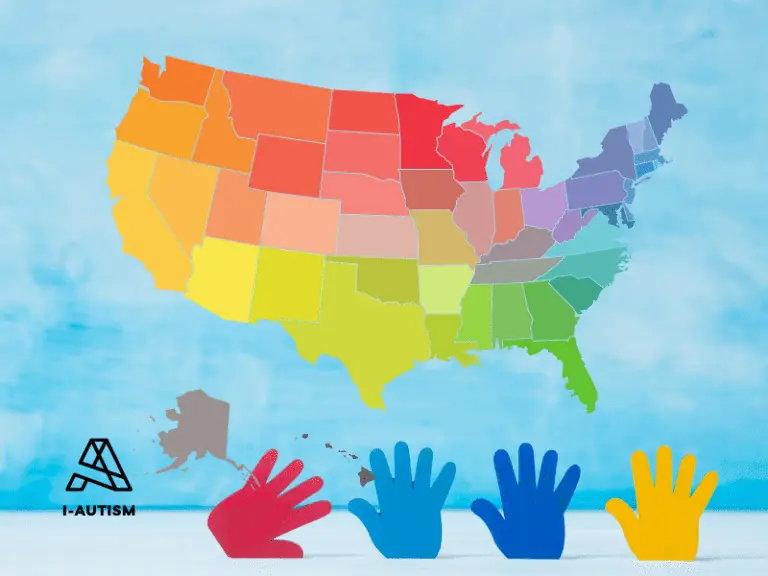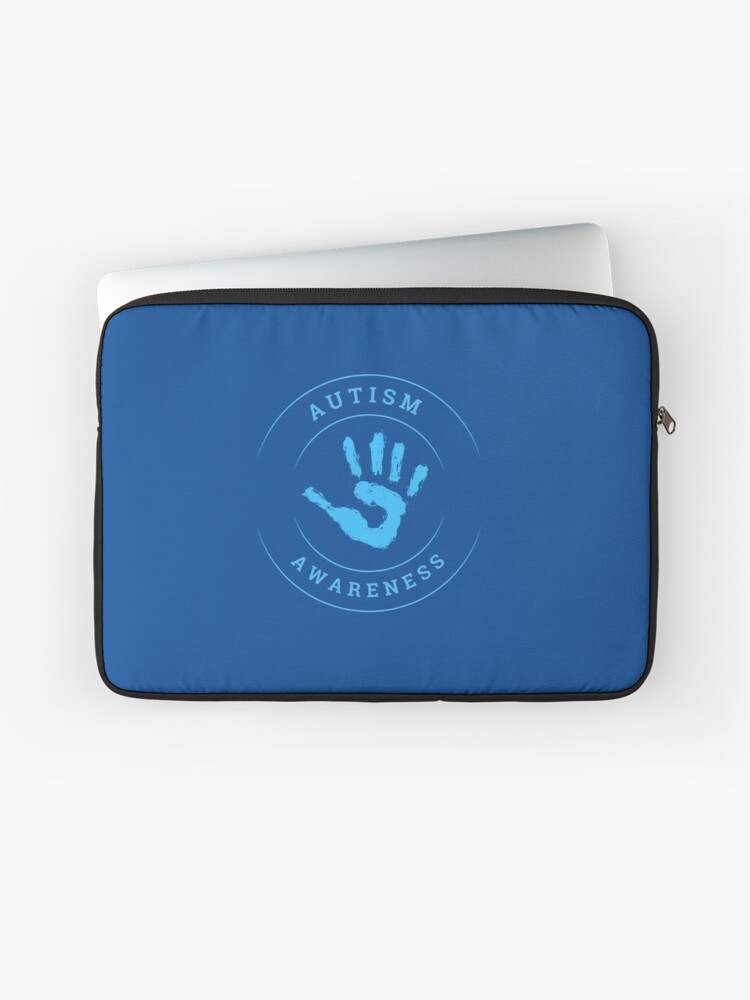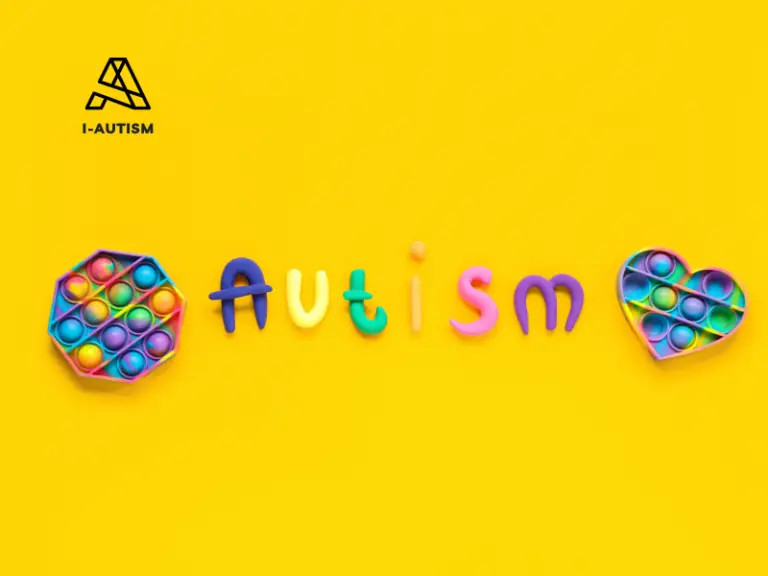Does Sketch Have Autism? Unpacking The Mystery Behind The Viral Phenomenon
Have you ever come across a TikTok video or meme that left you scratching your head? Meet Sketch, the internet sensation who’s sparked debates, theories, and countless questions, including whether or not he has autism. This viral personality has captured the attention of millions, but who exactly is Sketch, and what’s the truth behind the speculation? Let’s dive deep into this intriguing topic.
Sketch is more than just a face on the screen. He's become a symbol of curiosity, sparking conversations around neurodiversity and the internet's tendency to analyze everything under the sun. Whether you're here because you're genuinely curious or just want to join the conversation, you're in the right place. In this article, we'll explore the question, "Does Sketch have autism?" and unpack the layers behind this viral phenomenon.
Before we jump into the details, let’s set the stage. Sketch isn’t your average internet personality. His videos have gone viral for reasons that aren’t immediately obvious, and that’s where the intrigue begins. People are drawn to his unique mannerisms, speech patterns, and overall vibe, leading to the inevitable question: Is there something deeper at play here?
Read also:Whats The Fuss About Fipfak Your Ultimate Guide
Who Is Sketch? A Biographical Deep Dive
Before we tackle the big question, let’s take a step back and get to know Sketch a little better. Who is this enigmatic figure, and what makes him so fascinating?
Early Life and Background
Sketch, whose real name remains shrouded in mystery, first gained attention on platforms like TikTok and YouTube. His rise to fame wasn’t due to polished content or mainstream appeal. Instead, it was his authenticity and quirks that caught the eye of millions. Sketch’s early life details are scarce, but one thing is clear—he’s not afraid to be himself, and that’s part of his charm.
Key Traits and Characteristics
Sketch’s personality is a blend of traits that make him stand out. Here’s a quick breakdown:
- Speech Patterns: Sketch’s way of speaking is unique, often characterized by pauses, repetitions, and a conversational tone that feels raw and unfiltered.
- Body Language: His movements and gestures are deliberate, sometimes repetitive, and often interpreted as idiosyncratic.
- Humor: Sketch’s humor is unconventional, leaning into awkwardness and absurdity in a way that resonates with audiences who appreciate authenticity.
Does Sketch Have Autism? The Big Question
The internet has a knack for diagnosing people based on snippets of their online presence, and Sketch is no exception. The question, "Does Sketch have autism?" has been asked by countless viewers, sparking heated debates and endless speculation.
Understanding Autism
Before we delve into the specifics, it’s important to understand what autism is. Autism Spectrum Disorder (ASD) is a developmental condition characterized by differences in communication, social interaction, and behavior. It’s a spectrum, meaning it affects individuals in unique ways, making it difficult to diagnose based solely on online content.
Some common traits associated with autism include:
Read also:Meet Sam Shamouns Wife A Closer Look At Her Life And Journey
- Repetitive behaviors
- Unusual speech patterns
- Sensitivity to sensory input
- Strong focus on specific interests
While Sketch exhibits some of these traits, it’s crucial to remember that online speculation is not a substitute for professional diagnosis.
Why the Speculation?
Sketch’s mannerisms and speech patterns have led many to wonder if he might be on the autism spectrum. His videos often feature repetitive phrases, deliberate pauses, and a conversational style that feels both genuine and unconventional. These traits align with some of the characteristics associated with autism, fueling the speculation.
However, it’s important to approach this topic with sensitivity. Labeling someone based on online content can be harmful, especially when it comes to neurodivergent individuals who may already face stigma and misunderstanding.
The Role of Social Media in Shaping Perceptions
Social media platforms like TikTok and YouTube have become breeding grounds for speculation and analysis. When a figure like Sketch becomes viral, the internet’s collective curiosity kicks into overdrive. But how does this affect the person behind the screen?
The Power of Virality
Viral fame can be a double-edged sword. On one hand, it brings attention and opportunities. On the other, it can lead to unwanted scrutiny and misinterpretation. Sketch’s rise to fame has been accompanied by a flood of theories, some of which are well-meaning, while others are purely speculative.
Impact on Neurodivergent Individuals
The conversation around Sketch and autism highlights a broader issue: how neurodivergent individuals are perceived and discussed online. While some viewers approach the topic with empathy and curiosity, others may engage in harmful labeling or stereotyping.
It’s essential to remember that everyone’s experience with autism is unique. What may seem like obvious traits to one person might not resonate with another. This complexity underscores the importance of approaching these discussions with care and respect.
Exploring the Science Behind Autism
To better understand the question at hand, let’s take a closer look at the science behind autism. What do experts say about the condition, and how does it manifest in different individuals?
Diagnosing Autism
Diagnosing autism requires a comprehensive evaluation by trained professionals. Factors such as communication skills, social interaction, and behavioral patterns are assessed to determine if someone falls on the spectrum. Online speculation, no matter how well-intentioned, cannot replace a professional diagnosis.
Common Misconceptions
Autism is often misunderstood, leading to misconceptions that can perpetuate stigma. Here are a few common myths:
- Autism is a disease: It’s not. Autism is a neurodevelopmental condition, not an illness.
- All autistic individuals are the same: This couldn’t be further from the truth. Autism is a spectrum, and each individual’s experience is unique.
- Autistic individuals lack empathy: While some may struggle with understanding social cues, empathy is not absent in autism.
Sketch’s Influence on Neurodiversity Conversations
Whether intentional or not, Sketch has become a catalyst for discussions around neurodiversity. His presence in the digital space has sparked conversations about acceptance, understanding, and the importance of representation.
Breaking Down Barriers
Sketch’s authenticity challenges societal norms and encourages viewers to embrace individuality. By being unapologetically himself, he invites others to do the same. This can be especially impactful for neurodivergent individuals who may feel marginalized or misunderstood.
Empathy Over Speculation
Rather than focusing on diagnosing Sketch, viewers can channel their curiosity into empathy and understanding. By approaching the topic with an open mind, we can create a more inclusive environment for all individuals, regardless of their neurotype.
Data and Statistics: What the Numbers Say
According to the Centers for Disease Control and Prevention (CDC), approximately 1 in 36 children in the United States is diagnosed with autism. These numbers highlight the prevalence of autism and the importance of increasing awareness and understanding.
While Sketch’s case may not represent the broader autism community, it serves as a reminder of the need for more representation and acceptance in media and society as a whole.
Does Sketch Have Autism? Final Thoughts
After exploring the topic from various angles, it’s clear that the question, "Does Sketch have autism?" cannot be answered definitively without professional evaluation. What is certain, however, is that Sketch’s presence has sparked important conversations about neurodiversity and acceptance.
As we wrap up this article, let’s take a moment to reflect on the key takeaways:
- Autism is a complex condition that affects individuals in unique ways.
- Online speculation should be approached with caution and sensitivity.
- Sketch’s influence extends beyond viral fame, encouraging discussions about neurodiversity and representation.
Call to Action
We’d love to hear your thoughts! Do you have any insights or experiences to share about neurodiversity or autism? Leave a comment below and join the conversation. And if you enjoyed this article, don’t forget to share it with your friends and family.
Remember, every individual deserves to be seen, heard, and respected for who they are. Let’s continue the journey toward a more inclusive and understanding world—one conversation at a time.
Table of Contents
- Who Is Sketch? A Biographical Deep Dive
- Does Sketch Have Autism? The Big Question
- The Role of Social Media in Shaping Perceptions
- Exploring the Science Behind Autism
- Sketch’s Influence on Neurodiversity Conversations
- Data and Statistics: What the Numbers Say
- Does Sketch Have Autism? Final Thoughts
- Call to Action


